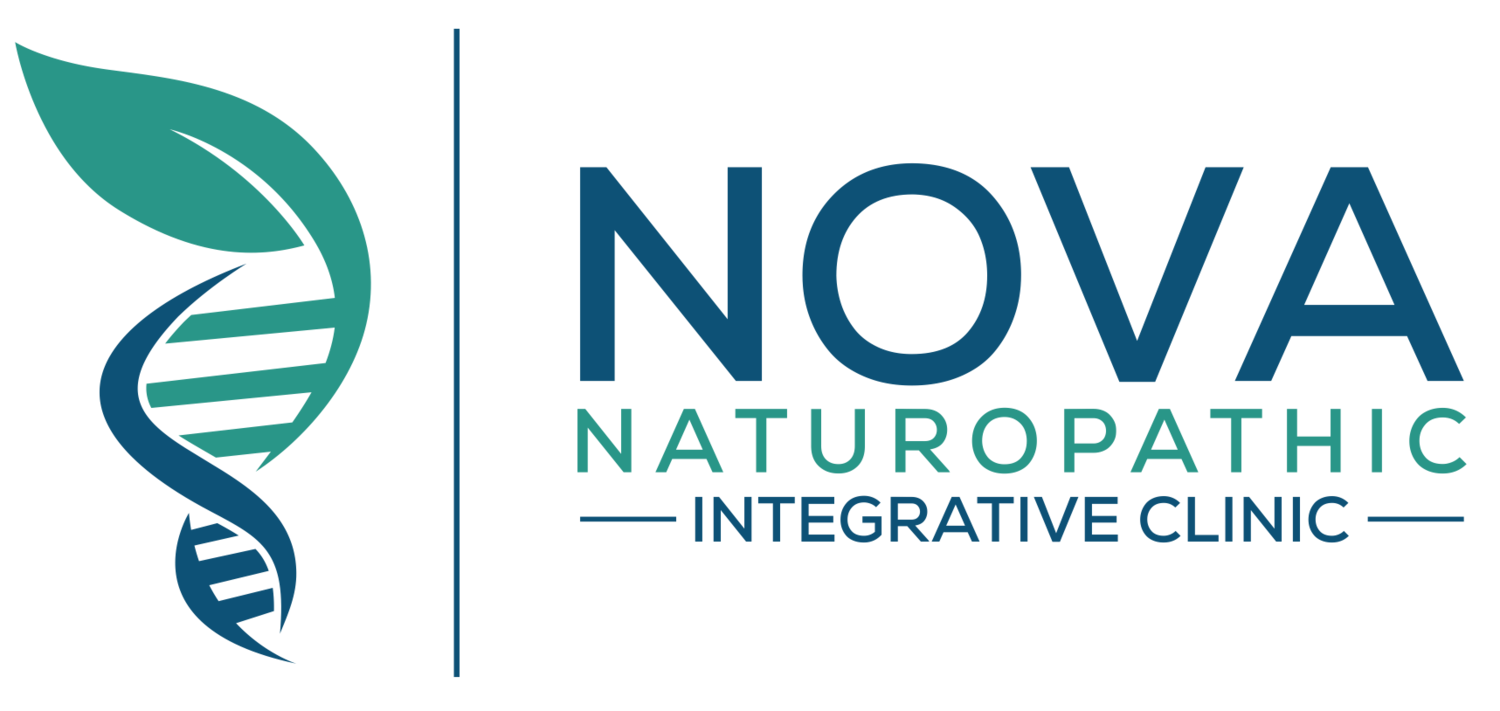Our Approach.
In essence, naturopathic doctors believe that everyone has an inherent self-organizing, ordered healing process, which establishes, maintains and restores health. It is the doctor’s role to support, facilitate and augment this process by identifying and removing obstacles to health and recovery, and by supporting the creation of a healthy internal and external environment.
Naturopathic doctors strive to integrate alternative and complementary strategies with conventional allopathic standards of care in assessing and treating their patients. As a result, naturopathic doctors may have a more diverse set of tools than that of traditional physicians. There are a range of modalities and therapies used by naturopathic doctors that are gentle, minimally invasive, and designed to support the body’s own healing mechanisms. A naturopathic doctor will rely on a blend of traditional and modern scientific approaches for diagnosis, treatment and prevention and keep themselves up-to-date on the latest scientific research and incorporate this evidence into their treatments.
Naturopathic doctors see each person as unique and take into consideration several factors when assessing, diagnosing and treating their patients. Instead of focusing on individual symptoms, naturopathic doctors will typically consider the person as a whole and will address the root cause of an illness; they will focus more on the “why” of a disease or illness rather than the “what.” Specific therapies will depend on the details of each case and naturopathic doctors will often spend hours trying to come up with a personalized and effective treatment plan.
OUR TRAINING.
Training in naturopathic medicine requires the completion of an undergraduate degree, followed by the completion of a four-year, accredited, naturopathic doctorate education before being allowed to register as a Naturopathic Doctor in Alberta.
Naturopathic education encompasses basic and diagnostic sciences – including anatomy, clinical physiology, pathology, immunology, pharmacology, biochemistry, embryology, physical and clinical diagnosis, and lab diagnosis. In addition they receive extensive training in a variety of naturopathic disciplines including clinical nutrition, acupuncture and Asian medicine, botanical medicine, physical medicine, lifestyle counselling and homeopathy.
For at least the final two years of their naturopathic doctorate program, naturopathic students intern in clinical settings under the close supervision of licensed professionals and must meet minimum requirements in terms of hours and patient contacts.
With a minimum of 4,100 hours of classroom training in basic medical science courses, naturopathic principles, and therapeutics, as well as a minimum of 1,200 hours of supervised clinical practicum, naturopathic training is quite intensive. In addition, graduates must pass two sets of provincial licensing board exams and are required to keep their registration current throughout their career by completing at least 70 hours every three years of approved continuing education.



